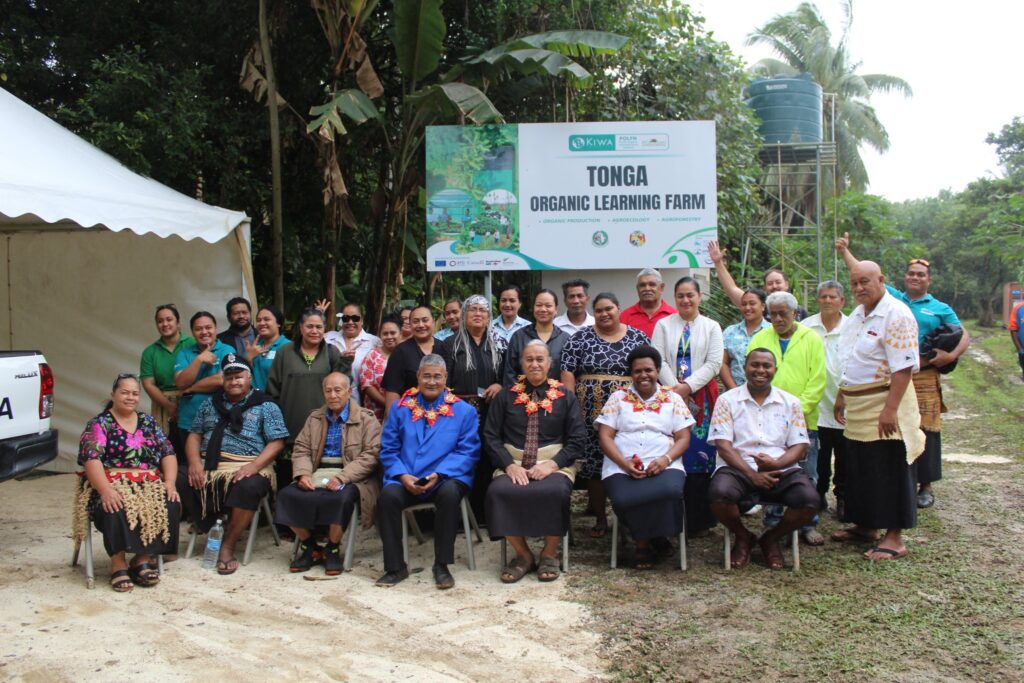The Tonga Ministry of Agriculture (MoA) launched the Tonga Organic Learning Farms Network (POLFN) on Tuesday, August 8, 2023. The network is part of a broader effort by the MoA to transform Tonga’s food system in response to the multiple natural disasters that the country faces.
In his keynote address at the launch, Dr. Viliami Manu, CEO of the MoA, said that the ministry’s new main focus for the next five years is to transform Tonga’s food system. “This is a major undertaking,” he said, “but it is essential if we want to ensure food security for our people in the face of climate change and other challenges.”
The POLFN is one of the key initiatives that the MoA is implementing to transform Tonga’s food system. The network will create a platform for farmers to learn about and adopt sustainable farming practices. It will also help to promote organic produce and create new market opportunities for farmers.
“The launch of the POLFN is a significant milestone in our journey to transform Tonga’s food system,” said Dr. Manu. “I am confident that this initiative will play a major role in helping us achieve our goal of food security for all.”
The POLFN is funded by the Kiwa Initiative, a multi-donor program that aims to strengthen the climate change resilience of Pacific Island ecosystems, communities and economies through nature-based solutions. The project is being implemented by the Pacific Community (SPC) Land Resources Division (LRD) POETCom (Pacific Organic and Ethical Trade Community) initiative.
The POLFN will establish two farm learning centers in Tonga, one at the Mahuleva Farm and one at the Ovava Farm. The centers will offer training and support services to farmers, including training on organic farming practices, access to organic inputs and materials, technical assistance from experienced farmers and agronomists, and marketing support for organic produce.
The POLFN is expected to play a major role in the transformation of Tonga’s food system. It will help to improve crop productivity, conserve biodiversity, and build resilience to climate change. The centers will also help to create new market opportunities for farmers and improve their livelihoods.




